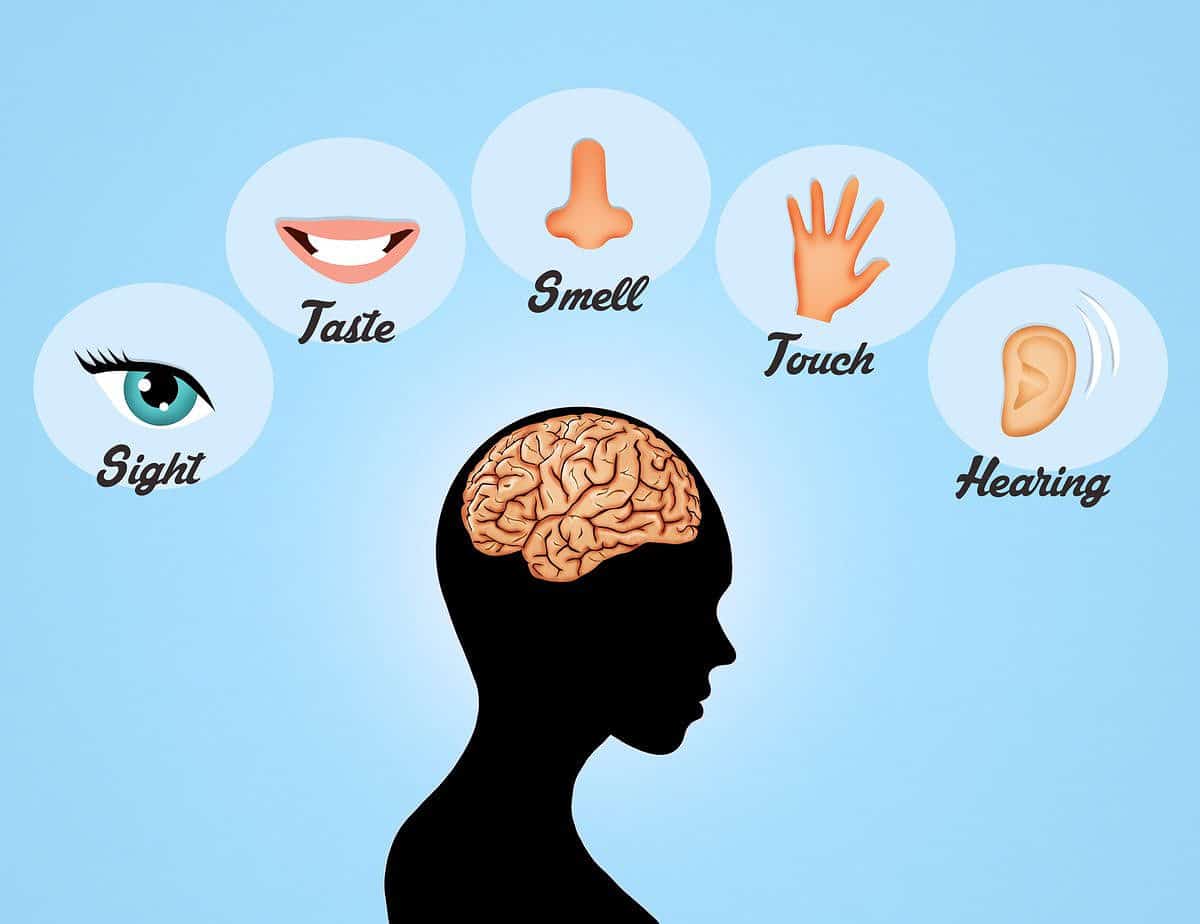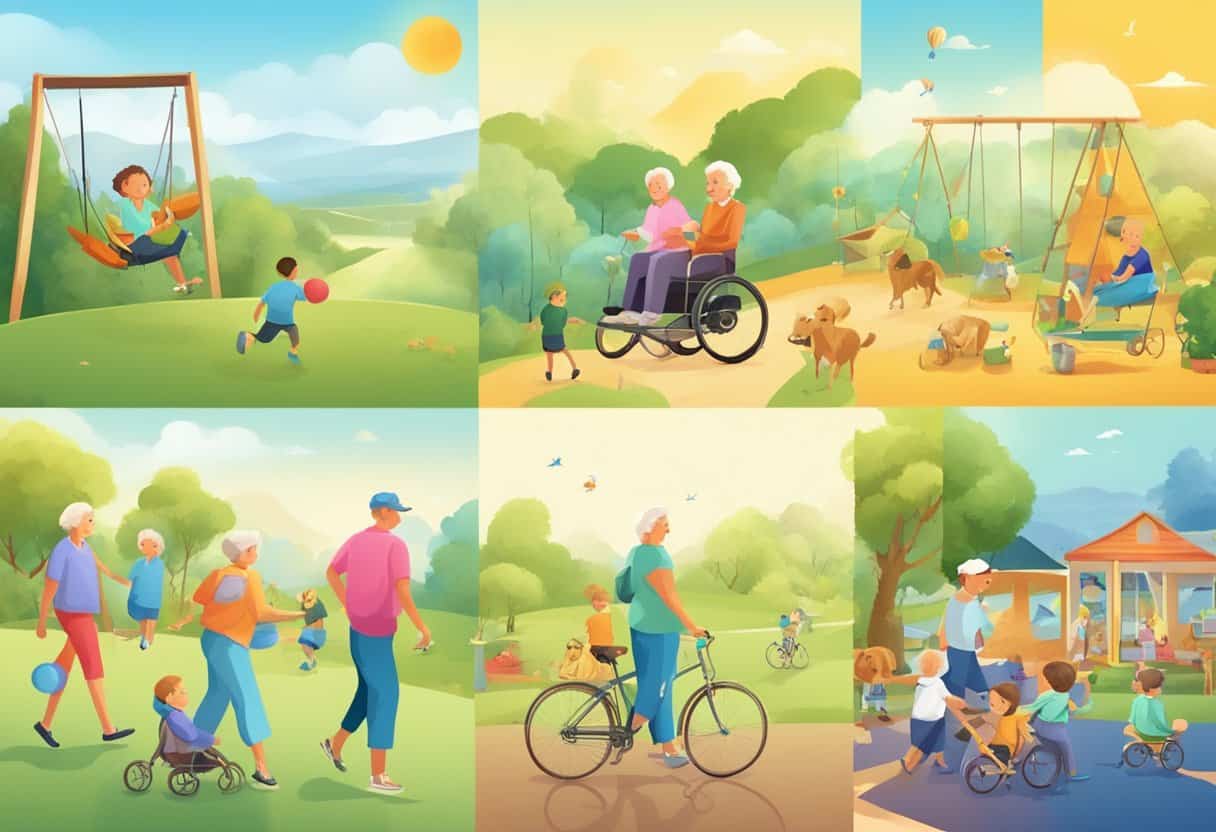Humor is one of the rare things that everyone enjoys regardless of age or gender. It’s life’s most effective way to bring positive feelings to your world, and it is freely available. Some people are naturally hilarious, while some develop this trait as they grow to make life truly enjoyable.
Laughter offsets the adverse effects of stress on the body and mind. Therefore, if you’re looking to improve your physical and mental health, try adding humor to your daily life.
Why We Don’t Embrace Laughter Enough
If you enjoy watching people as I do, you would see that children laugh hundreds of times every day, but adults hardly laugh.
As we grow, life becomes more stressful and gives very few opportunities to laugh.
Expectations of family and society and how “we should” be, what we “should have accomplished,” how “we should act,” takes away from the path of who we indeed are, and embracing are true self warts and all. These expectations and our buying into these expectations to fit in are what damages our mental health.
However, by finding more opportunities for humor, not only can you achieve greater happiness but also add years to your life.
Positive Humor
Positive humor involves telling jokes about things and situations that everyone might find funny.
It’s like a medicine that draws people together.
When the humor brings memories of when an issue occurred in our world, this triggers a positive emotional response within us, binding us together by circumstance, and we laugh.
The ability to crack up and laugh at positive jokes strengthens our immune system, reduces stress, and boosts our overall mood. It’s also an excellent way to maintain a balance between your mind and body.
People with real humor tend to inspire hope and forgive sooner.
Types of Positive Humor
There are three types of humor that relate to being positive, affiliate, self-enhancing and self-deprecating.
Affiliative humor is fun that improves social bonds and is a sign of good physical and mental health. Self-enhancing humor helps you maintain a humorous view of life and self-deprecating is a type of humor in which an individual makes themselves a target of their jokes.
Laughing at your self is a great way to live a stress-free life. Often it is the only thing that helps counter the tough situations. It lifts our spirits and gives us the strength to get back on our feet. Realizing we are human and have faults is essential to our sanity. Being able to laugh at our humanness makes us healthy both physically and mentally.
We’ve all done things that we wish we could undo. Many of us have habits that we’d like to overcome, and this is what makes us human. Nobody is perfect.
A study by the University of Zurich revealed that people that use humor to deal with their faults tend to have higher levels of optimism.
The ability to laugh at ourselves during difficult situations enables us to release stress and accept negativity and leads us to find better solutions. Laughing at ourselves is a unique personality trait and people who have this trait live a happier life in general.
I recall going for a job interview and being nervous. My stomach was churning, and I wanted to make a great impression as this was my opportunity for my dream job.
In the middle of the interview, my nervous stomach began to churn.
I carried on answering the questions but was not fully present and focused. I was squeezing my butt cheeks together tightly. You know that moment when you realize that no matter what you do, the thing you don’t want is going to happen?
Well, sure enough, I could not squeeze any tighter. I thought to myself, just try releasing it slowly in the hope that there would be no sound. Try as I might, it did not release slowly. Then in my mind, I panicked and jumped to ok it happened now pretend it didn’t, maybe they will think it was one of them.
I kept looking at their facial expressions. I focused on their eyes to see if they were darting back and forth, trying to determine the direction of the noise so they would know who did it.
I wondered if my face showed the embarrassment and guilt I was feeling. At this point, my ability to answer any question intelligently left me. I was sure my answers were a clear indication that it was me who who created the sound in the room.
I wondered if this was the time to just fess up to my actions. Would this help or hinder the job interview? I couldn’t decide on the best course of action, so I held steady to the denial of it wasn’t me.
I could hardly wait for the interview to be over. I left believing that they knew the whole time it was me and this opportunity was not going to be mine. There is no rule book to let people know what to do in such a situation.
I walked to my car, disappointed and replayed the whole scenario in my head and laughed so hard that I was crying. As I was crying, my body relaxed, and my stomach churned some more, and I began to laugh harder. The more I laughed I found that my stress over the situation decreased. I did not get an offer for the position; however, I was able to laugh at my humanness and move forward.
Negative Humor
Cynical humor does not enhance anyone’s life.
It is a type of humor that attacks and mocks others. It is associated with low self-esteem.
It is the type of humor that makes fun of others, attacking to feel superior and trying to heal hidden negative feelings. This aggressive humor is not funny to anyone and destroys bonds, trust and relationships.
Self-depreciation humor, though seen as a positive type of fun, can be destructive as well. Self-depreciation humor helps to counter tough situations and is intended to lift our spirits and gives us the strength to get back on our feet. Realizing we are human and have faults is essential to our sanity. However, if one’s inner thoughts are harmful and self-destructive, the positive aspect is lost. The humor then becomes aggressive in that we attack or mock ourselves.
How Can Humor Help One Cope with Thoughts And Feelings?
Humor is an essential life skill that creates a balance between thoughts and feelings. It improves mental health, enhances leadership skills, and increases your likeability in society. It’s like having an immune system in your mind. Instead of fighting off infections and viruses, this immune system protects against negative thoughts.
When a depressive episode arises, it gradually diminishes the positive thoughts and feelings in the mind. By using humor, you can turn your brain’s negative vibes into positive energy and guard yourself against depression.
Studies have shown that people with a good sense of humor have better self-esteem, positive thoughts/feelings, and excellent social skills.
Benefits of Laughter
Laughter can enhance your creativity
A study by Northeastern University found that individuals who watched more comedy were able to solve given problems better than those who watched action or horror tv and films. Laughter triggers the anterior-cingulate cortex – an area of the brain that affects your decision making and creative skills.
Mental and Physical Health
In addition to improving mental health, laughter is also good for your physical health. It reduces your risk of cardiovascular diseases and lowers blood pressure and heart rate.
Improves Workplace Productivity and Employee Dedication
A fun working environment increases the productivity of the employees and brings them closer. Humor is a great communication tool that prevents burnout and reduces stress that is often experienced by employees that work long shifts. In an organization where humor is part of the environment, employees show more dedication to work.
Has a Positive Effect on The Brain and Body
A good laugh releases serotonin in the brain, which increases overall brainpower and improves focus. Laughter increases endorphins in your brain and stimulates the heart, lungs, and many other organs.
Regular laughter decreases your heart rate and blood pressure, which, in return, produces a relaxing feeling.
Improves analytical and problem-solving skills:
With increased brainpower, your analytical skills become more precise, and decision making is more aligned with who you indeed are.
Improves relations
People who crack jokes at work tend to have stronger relationships with their peers, which also increases their overall likeability.
Improves Communication and Trust
Whether in the office or your day to day life, humor is a highly useful tool to communicate information that people might not like. When a funny guy delivers controversial messages, the fun distracts people from looking at the negative side. People tend to look at the lighter side and are more able to accept the information. Business negotiations that take place in a humorous environment are more reliable. The talks are smoother, and stakeholders in the negotiations create a bond that builds trust.
Improves learning
Humor reduces workplace anxiety as well as enhances the learning capacity of the employees.
Strengthens bonds
When you share a laugh with someone, not only are you mirroring their body language, but also their hormonal and neural activity. This sharing creates a bond. When bonds form, trust between each other develops, and the relationship between people is positive.
Final Thoughts
Laughter is the best solution to many problems. Whether you’re stressed, depressed, or merely tired because of the workload, having a chuckle is an instant way to feel relaxed. It is so profound that some experts believe it can positively change the entire world. So laugh more, worry less, and make this world a better place.
Increase your endorphins and laugh daily.






